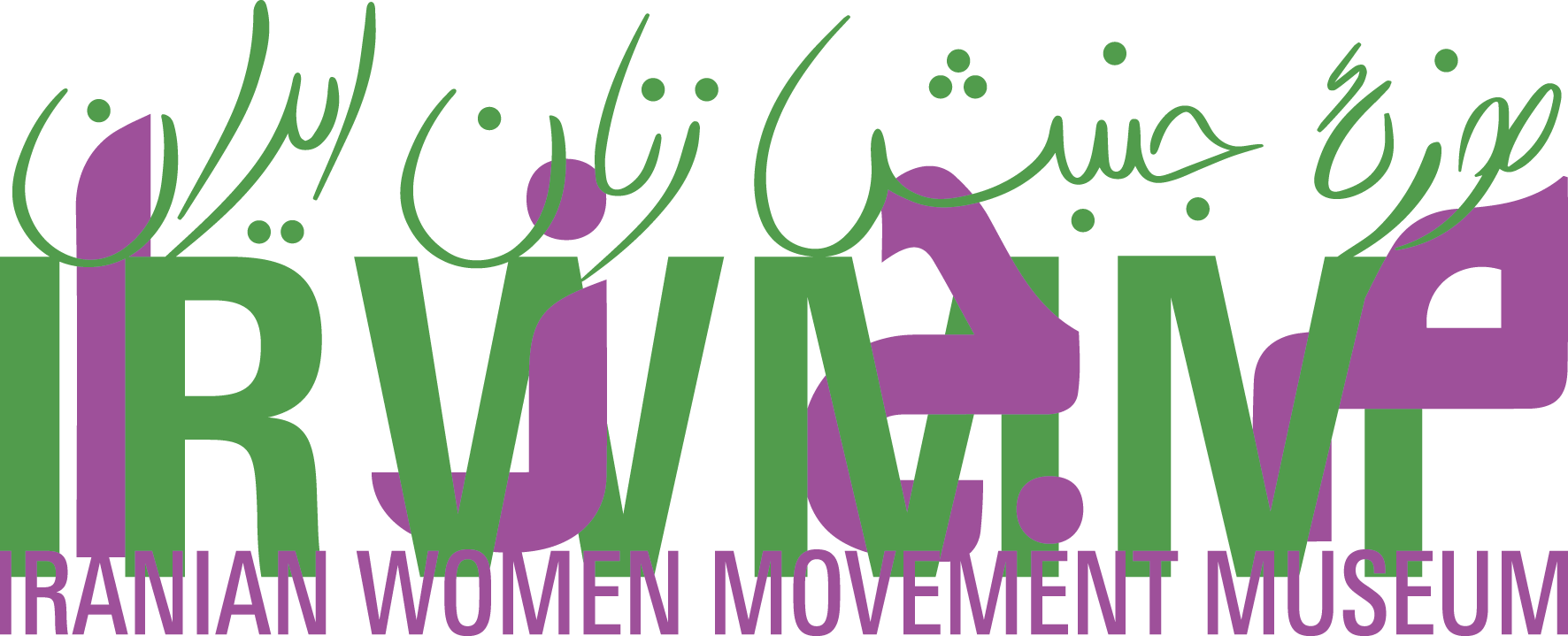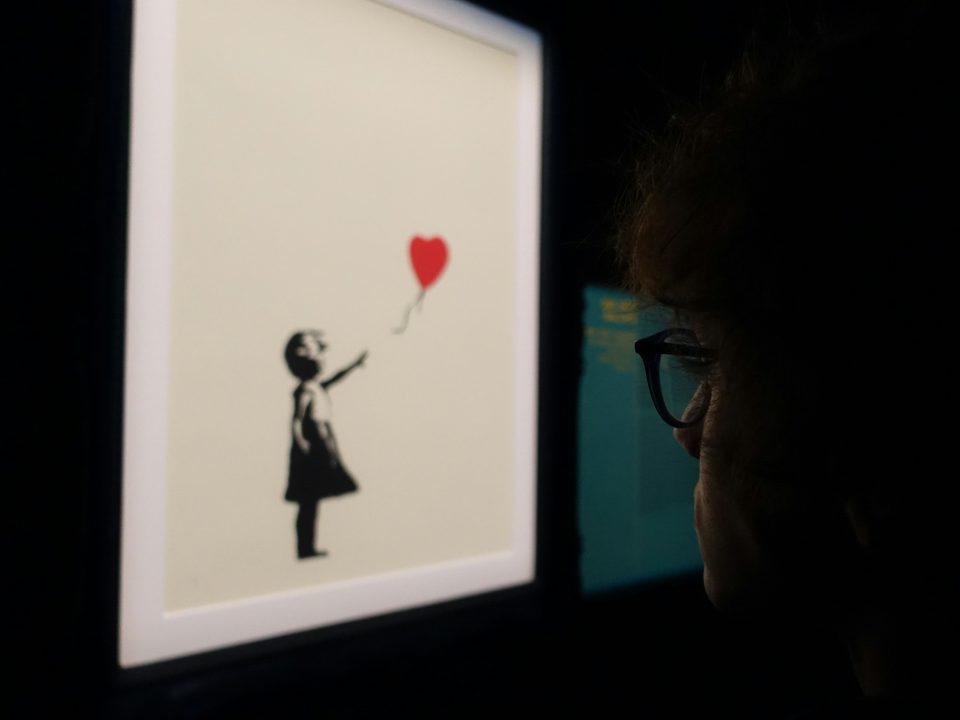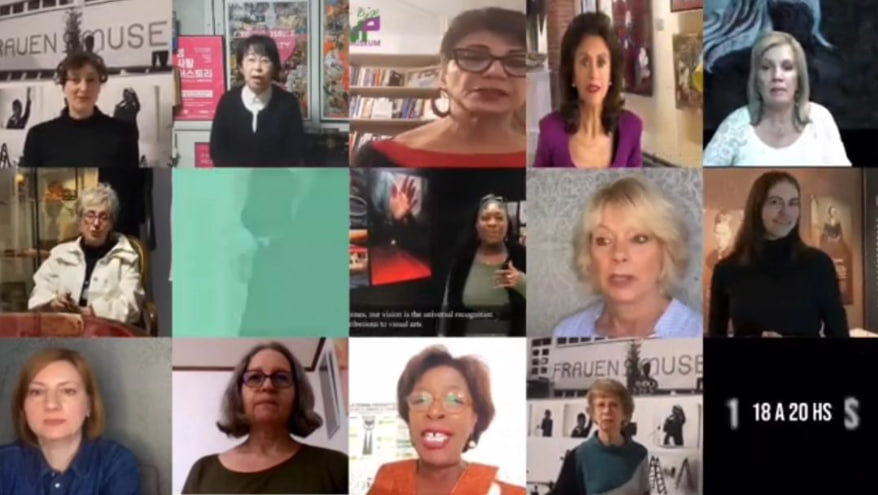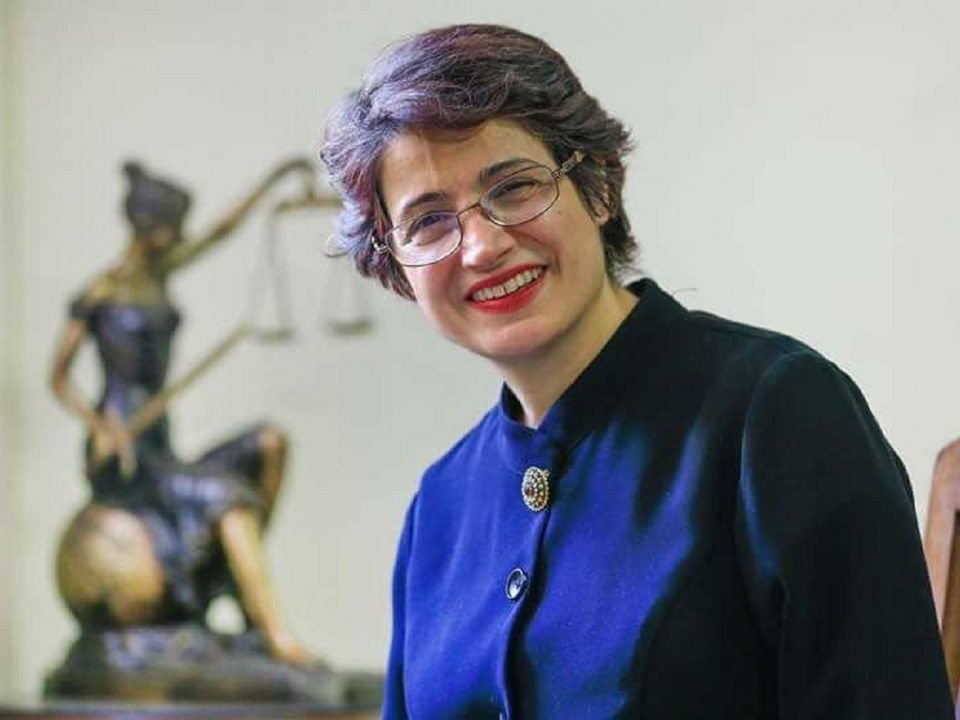“Marga Martens Speech in Exhibition opening “From Evin with Love
April 2, 2018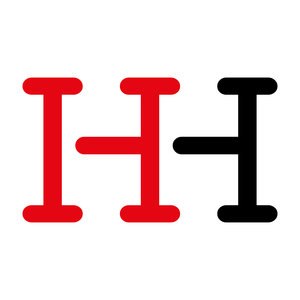
EXHIBITIONS: From Evin, With Love
April 2, 2018Halleh Ghorashi
9 March lecture – Humanity House
The Iranian Women’s Movement Museum (IRWMM) is a research project initiated by activist and researcher Mansoureh Shojaee. This oral history project aims to present the Iranian women’s movement through a combination of biographies, events, art and literature. The Iranian Noble Peace Prize laurate Ms. Shirin Ebadi first introduced the idea to Mansoureh, and we are honoured that Ms. Ebadi has accepted our invitation to be here during this opening ceremony. I am grateful that I have had the opportunity to host Mansoureh and her great project at our university (Vrije Universiteit Amsterdam) since September 2017. However, I must emphasize that all the credit goes to Mansoureh and her great team of friends who made this possible.
This exhibition is the first stage of the Iranian women’s museum project, which showcases handicrafts made by women inmates (prisoners of conscience) in Evin Prison. The stories and imaginaries connected to these handicrafts make them much more than just objects. Each handicraft has a story to tell about the biography of the woman who made it – they tell stories about the struggle for justice, the love and passion of activism and the pain of facing many forms of injustice both inside and outside the prison. But the handicrafts also tell stories of travel through time and space due to the untiring efforts and comradery of many people around the world who have made it possible for the handicrafts to reach audiences beyond many borders.
In order to understand and feel these stories, we need imagination to go back in time and space and become part of their journey. We need imagination to go back in time and space and feel the history of Iranian women’s passion in their struggle for an equal world, their amazing sacrifices to go beyond their individual gains and become part of a transnational women’s movement. We need imagination to feel the pain and isolation of women in prison (prisoners of conscience), who found the creativity to send us messages of perseverance through their handicrafts made with love. Imagine all the love, solidarity and immense creativity that went into making these artifacts which are now travelling beyond the thick walls of prisons and beyond national borders.
Try to extend your imagination as you look at these artifacts. By doing so, you will bring a history of courage, resistance and struggle for justice and equality alive. Through this power of imagination, we can connect worlds, and then we can break any kind of isolation, be it a prison or a national border. Then these handicrafts can become a symbol of the connectedness of struggles for a better world. But they do even more.
When they reach us in democratic contexts such as the Netherlands, they remind us that the freedoms we enjoy did not come on their own; some people have paid a high price for these achievements. They ask us not to take our freedom for granted. But also to remember that, when we give shelter to these kinds of projects – and to activists such as Mansoureh – we are acknowledging that, if we do not support courageous activists in their struggle for freedom and justice, we are abandoning the people who made our freedom possible.
Situating this project within academia does more than just show that we, as scholars, are connected to the world outside the university and beyond our comfort zones. Having an academic setting also helps such projects use thoughtful documentation practices and craftsmanship to collect biographies. Connecting activism to academia is necessary for co-creating the knowledge that is essential for addressing complex issues of inequality and injustice, which are becoming increasingly dominant in the world. Only through our joint efforts and shared responsibilities can we tackle the societal complexities we are facing today.
So the final message of these handicrafts is for us to join hands and resources, which are essential for the continuity of this valuable project, and let the handicrafts travel all over the world to connect us even more in all ways possible.
Halleh Ghorashi
